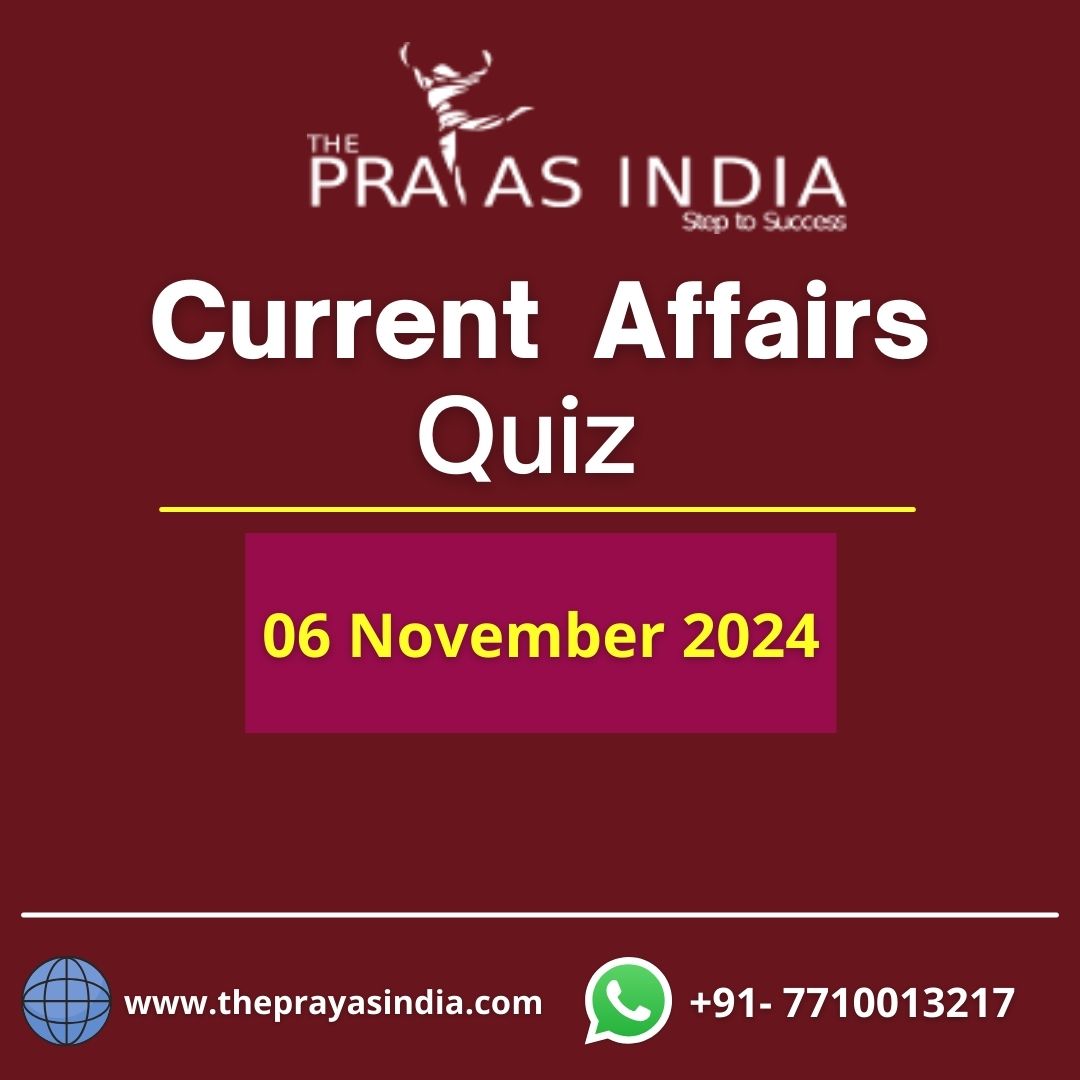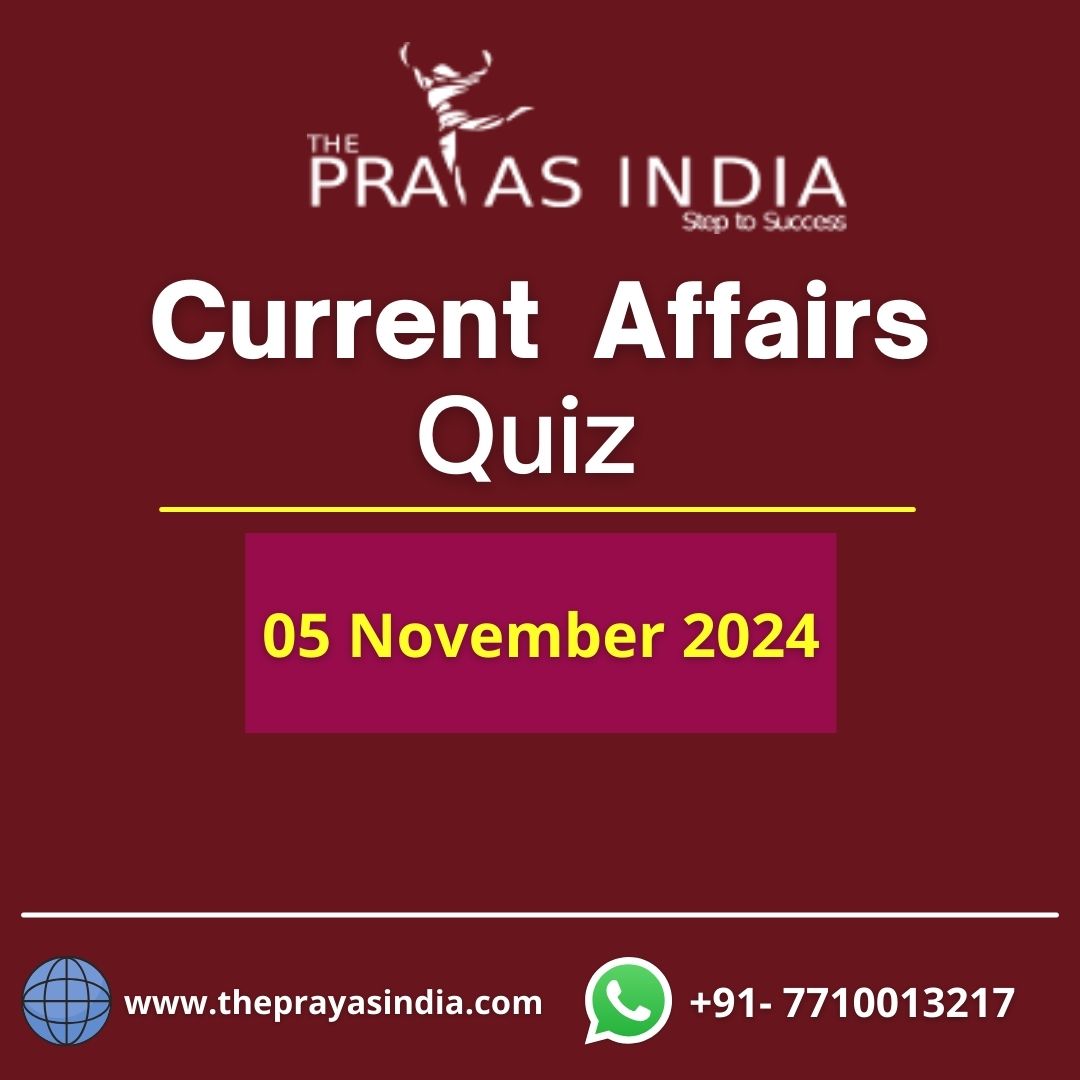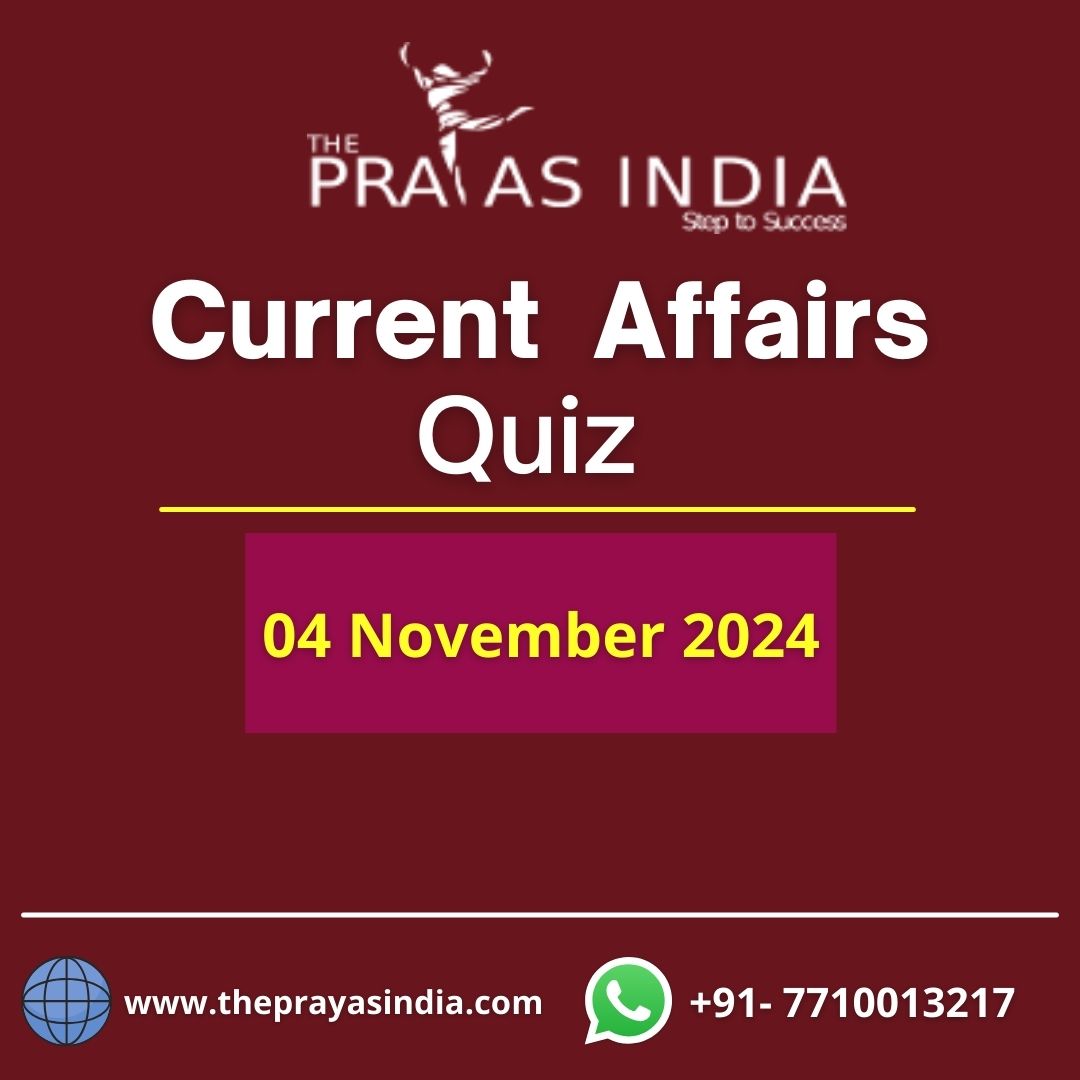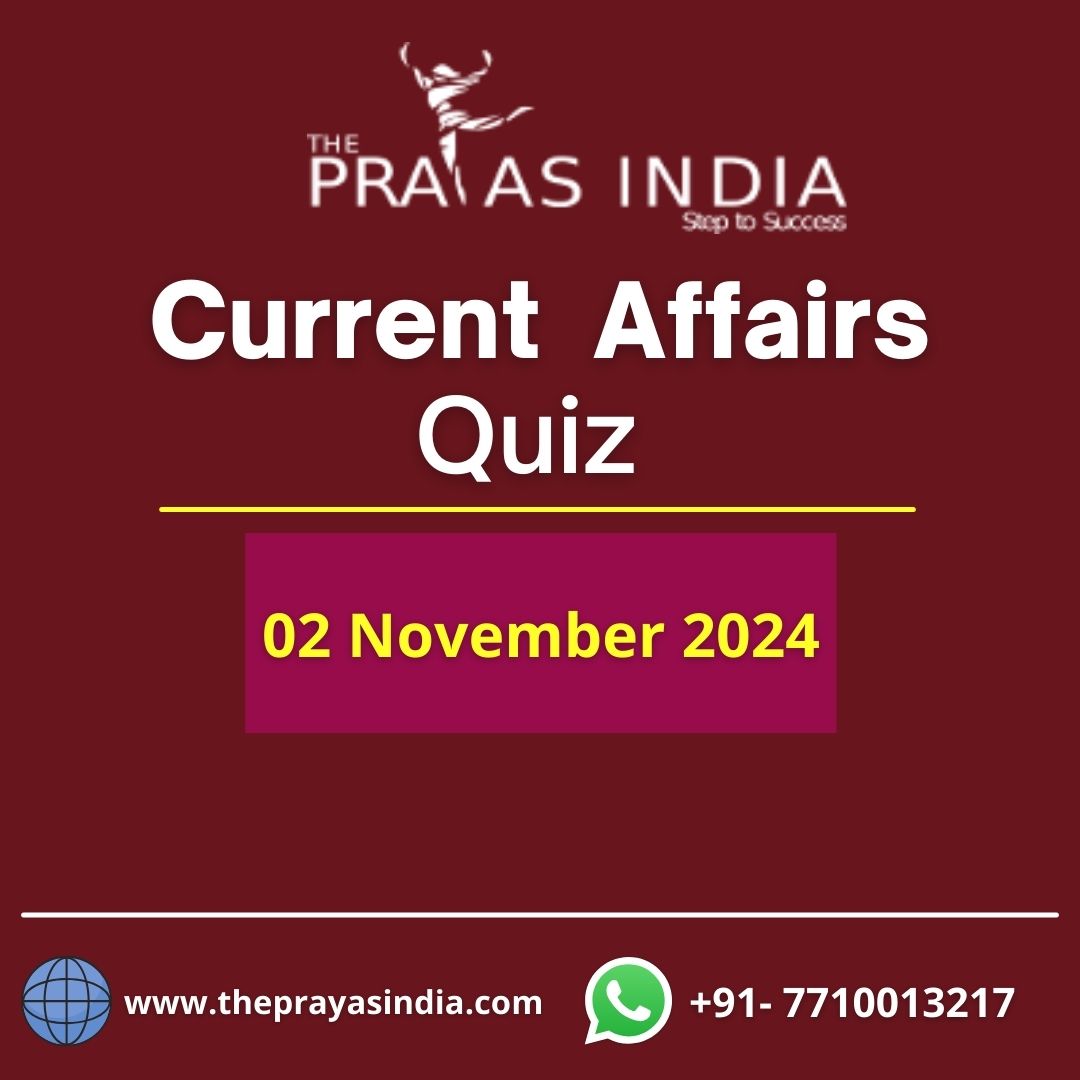Q1. Consider the following statements about African Union:
- It is a continental body consisting of 55 member states in Africa.
- The AU’s secretariat, the African Union Commission, is based in Addis Ababa.
- It emphasizes greater unity and solidarity among African countries.
How many of the above statements are correct?
(a) Only one
(b) Only two
(c) All three
(d) None
Ans: (c)
Explanation:
- About The African Union (AU) is a continental body consisting of 55 member states in Africa.
- Formation: In 1963, the Organization of African Unity (OAU) was founded to promote cooperation among African states.
- In 2002, the OAU was succeeded by the AU with a goal to accelerate economic integration of the continent.
- Objectives of the AU:The AU emphasizes greater unity and solidarity among African countries. It promotes political and socio-economic integration, peace, stability, security, and human rights.
Q2. In India, ‘extended producer responsibility’ was introduced as an important feature in which of the following?
(a) The Bio-medical Waste (Management and Handling) Rules, 1998
(b) The Recycled plastic (Manufacturing and Usage) Rules, 1999
(c) The e-Waste (Management and Handling) Rules, 2011
(d) The Food Safety and Standard Regulations, 2011
Ans: (c)
Explanation:
- The e-Waste (Management and Handling) Rules, 2011 recognises producers’ liability for recycling and reducing e-waste in the country.
- Extended Producer Responsibility (EPR) is a policy approach under which producers are given a significant responsibility – financial and/or physical – for the treatment or disposal of post-consumer products.
- The Central Pollution Control Board (CPCB) has been given the Extended Producer Responsibility (EPR) authorisation under the new e-waste rules
Q3. Consider the following statements about Tribal Co-operative Marketing Federation of India:
- It works under the administrative control of the Ministry of Tribal Affairs.
- It was established under the Multi-state co-operative societies act 1984.
- It was formed with the main objective of institutionalising the trade of Minor forest products (MFP).
How many of the above statements are correct?
(a) Only one
(b) Only two
(c) All three
(d) None
Ans: (c)
Explanation:
- Tribal Co-operative Marketing Development Federation of India (TRIFED) is a national level cooperative body under the administrative control of Ministry of Tribal Affairs, Government of India. It was established under the Multi-state co-operative societies act 1984 under the former Ministry of Welfare. Later it came under the control of Ministry of Tribal affairs.
- TRIFED was formed with the main objective of institutionalising the trade of Minor forest products (MFP) and to provide the tribals of India a fair price for the surplus agricultural products produced by them.
Q4. World food price index is released by the:
(a) Food and Agriculture Organization
(b) World Food Programme
(c) World Economic Forum
(d) International Monetary Fund
Ans: (a)
Explanation:
- Context: The United Nations Food and Agriculture Organization (FAO) reported that the world food price index fell to a new two-year low recently.
- This decline reversed a previous month’s rebound, with most food commodities experiencing decreases, although rice and sugar prices
- FPI, released by the Food and Agriculture Organization (FAO) is a measure of the monthly change in international prices of a basket of food commodities.
Q5. Consider the following statements about the Bureau of Indian Standards (BIS):
- BIS is the only national body that frames standards.
- It works under the aegis of the Ministry of Commerce.
- It is established by the Bureau of Indian Standards Act, 2016.
How many of the above statements are correct?
(a) Only one
(b) Only two
(c) All three
(d) None
Ans: (b)
Explanation:
- BIS is the only national body that frames standards.
- It works under the aegis of Ministry of Consumer Affairs, Food & Public Distribution, Government of India.
- BIS is responsible for the harmonious development of the activities of standardization, marking and quality certification of goods and for matters connected therewith or incidental thereto.
- The Bureau of Indian standards (BIS) Act 2016 establishes the Bureau of Indian Standards (BIS) as the National Standards Body of India.
- The Act enables the Central Government to appoint any authority/agency, in addition to the BIS, to verify the conformity of products and services with the established standard and issue certificate of conformity.
- There is a provision for repair or recall, of the products (bearing Standard Mark) that do not conform to the relevant Indian Standard.




